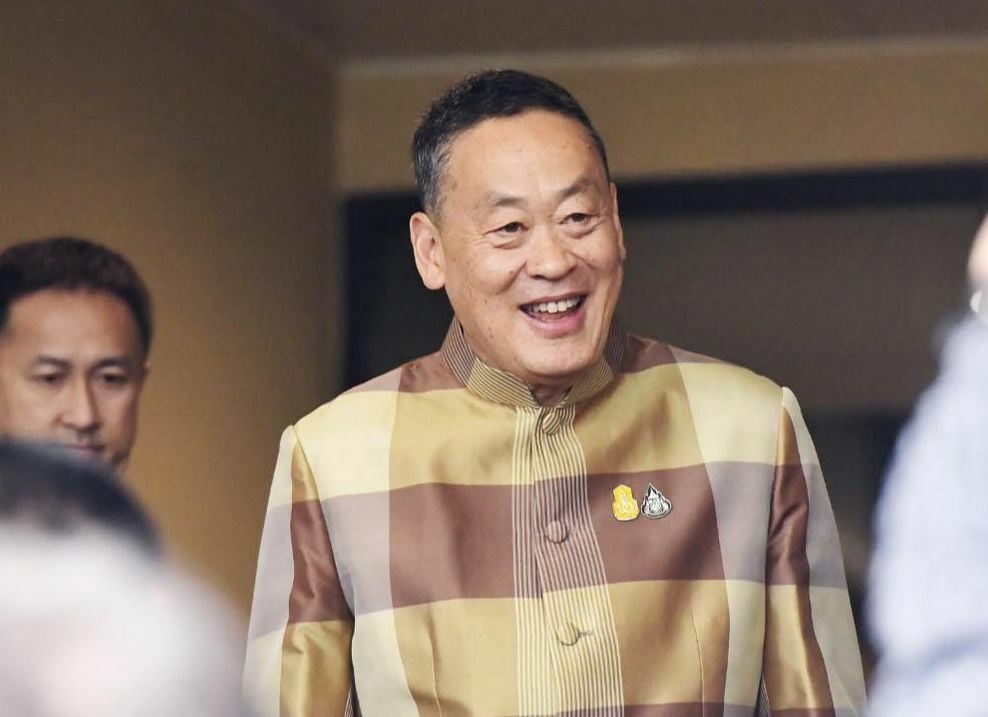Thailand PM calls for cut in interest rates amid economic crisis

The Prime Minister and Finance Minister of Thailand, Srettha Thavisin, urgently called upon the Bank of Thailand (BoT) to organise an unscheduled meeting of its Monetary Policy Committee (MPC). The objective of this meeting is to consider a cut in interest rates, as recent data suggests that the nation’s economy is in crisis.
PM Srettha’s plea for this urgent meeting was conveyed late on Monday via the social media platform X, previously known as Twitter. The prime minister emphasised that the current economic figures, released by the National Economic and Social Development Council (NESDC), indicate that Thailand’s economy is in a critical stage. Consequently, he insists on a cut in interest rates.
The next regular meeting of the rate-setting panel presided over by BoT governor Sethaput Suthiwartnarueput, is not due until April 10. However, the call for an unscheduled meeting to address the decade-high borrowing costs resulted in a 0.3% fall in the baht. The currency, once the best performer in Asia during the final quarter of 2023, has now become the second-worst this year due to foreign investors’ continued disinterest in Thai assets, reported Bangkok Post.
Moh Siong Sim, a currency strategist at Bank of Singapore Ltd, shared his insights on the situation. He stated that the recent developments represent a surge in challenges for the baht, as the central bank is now under increasing pressure to act before the April meeting.
Meanwhile, the BoT has yet to comment on the latest gross domestic product (GDP) data. However, central bank officials previously indicated their willingness to reduce borrowing costs if they believe the economic weakness to be persistent rather than temporary. Despite PM Srettha’s previous call for a 25 basis point cut, the MPC decided to maintain the interest rate at 2.5% during their meeting on February 7.
The GDP data released by NESDC yesterday, February 19, showed a 1.7% expansion in the fourth quarter from the previous year, which is significantly weaker than the median 2.6% forecast by economists surveyed by Bloomberg. Meanwhile, output decreased by 0.6% from the previous quarter, against a forecast of 0.1% drop. In 2023, the economy grew by 1.9%, continuing the trend of average sub-2% growth over the past decade.
Disinflation, declining output
Thailand is currently experiencing a period of disinflation, with consumer prices showing negative figures for the past four months. Furthermore, factory output has been declining for 15 consecutive months due to reduced demand for cars, electronics, and other products.
The 62 year old Thai prime minister’s plan to stimulate growth through a 500 billion baht (US$13.8 billion) cash handout scheme has been met with criticism from economists and the central bank. They argue that the plan could lead to inflation and pose a risk to fiscal consolidation.
Despite this, PM Srettha has repeatedly stated since November last year that Thailand’s economy is in crisis, underscoring the necessity of his controversial digital money handout scheme.
Latest Thailand News
Follow The Thaiger on Google News:


























